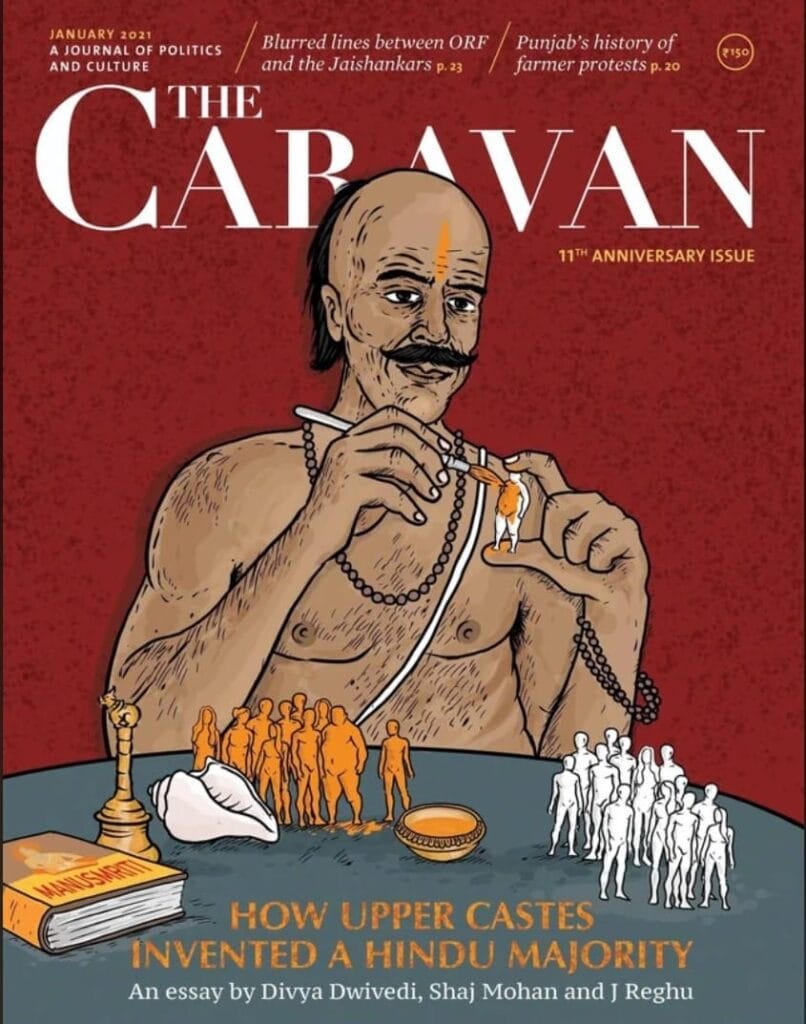In a recent incident that has sparked widespread outrage and reignited discussions on caste-based discrimination in India, Tika Ram Jully, the Leader of Opposition (LoP) in the Rajasthan Assembly and a Dalit leader, expressed deep anguish over a BJP leader’s actions following his visit to a temple in Alwar. The former BJP MLA, Gyan Dev Ahuja, reportedly conducted a ‘purification’ ritual at the temple, implying that Jully’s presence had desecrated the sacred space due to his Dalit identity.

The Incident and Immediate Reactions
The controversy began when visuals emerged of Ahuja performing purification rituals at the temple shortly after Jully’s visit. Ahuja’s actions were based on the belief that Jully’s presence had rendered the temple impure, a notion rooted in caste-based prejudices. Jully, reflecting on the incident, questioned the mindset that could lead someone to such actions, initially dismissing it as a political stunt by a controversial figure.
However, as the incident gained traction and Ahuja’s statements became more explicit, referring to Jully’s “impure” hands and feet, the gravity of the situation became apparent. Jully’s friends and family expressed concern, prompting him to reflect on the broader implications of the act. He realized that as a representative of the Congress party and the Dalit community, the incident was not just a personal affront but a reflection of the systemic discrimination still prevalent in society.
Emotional Toll and Party Support
The emotional impact on Jully was profound. He admitted to experiencing sleepless nights and restlessness, contemplating the societal structures that allowed such discrimination to persist. His concerns extended beyond personal hurt, considering the message it sent to the common man and the Dalit community at large.
In the wake of the incident, the All India Congress Committee (AICC) session in Ahmedabad provided a platform for solidarity. Congress President Mallikarjun Kharge and senior leader Rahul Gandhi addressed the issue, with Gandhi personally consoling Jully. Jully described the gesture as overwhelming, reinforcing his sense of belonging and support within the party.
Historical Context and Political Implications
Jully’s appointment as the Leader of Opposition in January 2024 marked a significant milestone, as he became the first Dalit to hold this position in Rajasthan. His political journey includes serving as the Cabinet Minister for Social Justice and Empowerment in the previous Congress government. His elevation was seen as a move towards inclusivity and representation for marginalized communities.
The temple incident underscores the challenges that persist despite such advancements. It highlights the deep-rooted caste biases that continue to influence societal behaviors and attitudes. Jully’s experience serves as a stark reminder of the work that remains in combating caste-based discrimination and promoting social equity.
Broader Societal Reflections
The act of ‘purifying’ a temple following a Dalit’s visit is emblematic of the entrenched untouchability practices that the Indian Constitution sought to abolish. Despite legal frameworks, such discriminatory practices persist, often under the guise of tradition or religious sanctity.
Jully’s ordeal brings to the forefront the psychological and emotional toll that such discrimination inflicts on individuals. It also raises questions about the effectiveness of existing measures to combat caste-based prejudices and the role of political and religious leaders in perpetuating or challenging these norms.

Calls for Action and Future Outlook
The incident has prompted calls for accountability and introspection within political and religious institutions. There is a pressing need for comprehensive education and awareness programs to dismantle caste-based prejudices. Political parties must also ensure that their actions and rhetoric align with the principles of equality and social justice.
Jully’s resilience and the support he received from his party leaders serve as a beacon of hope. His experience underscores the importance of solidarity and the collective responsibility to challenge and eradicate caste-based discrimination.
As India continues to grapple with its complex social fabric, incidents like these highlight the ongoing struggle for equality and the imperative to uphold the dignity and rights of all citizens, irrespective of caste or creed.